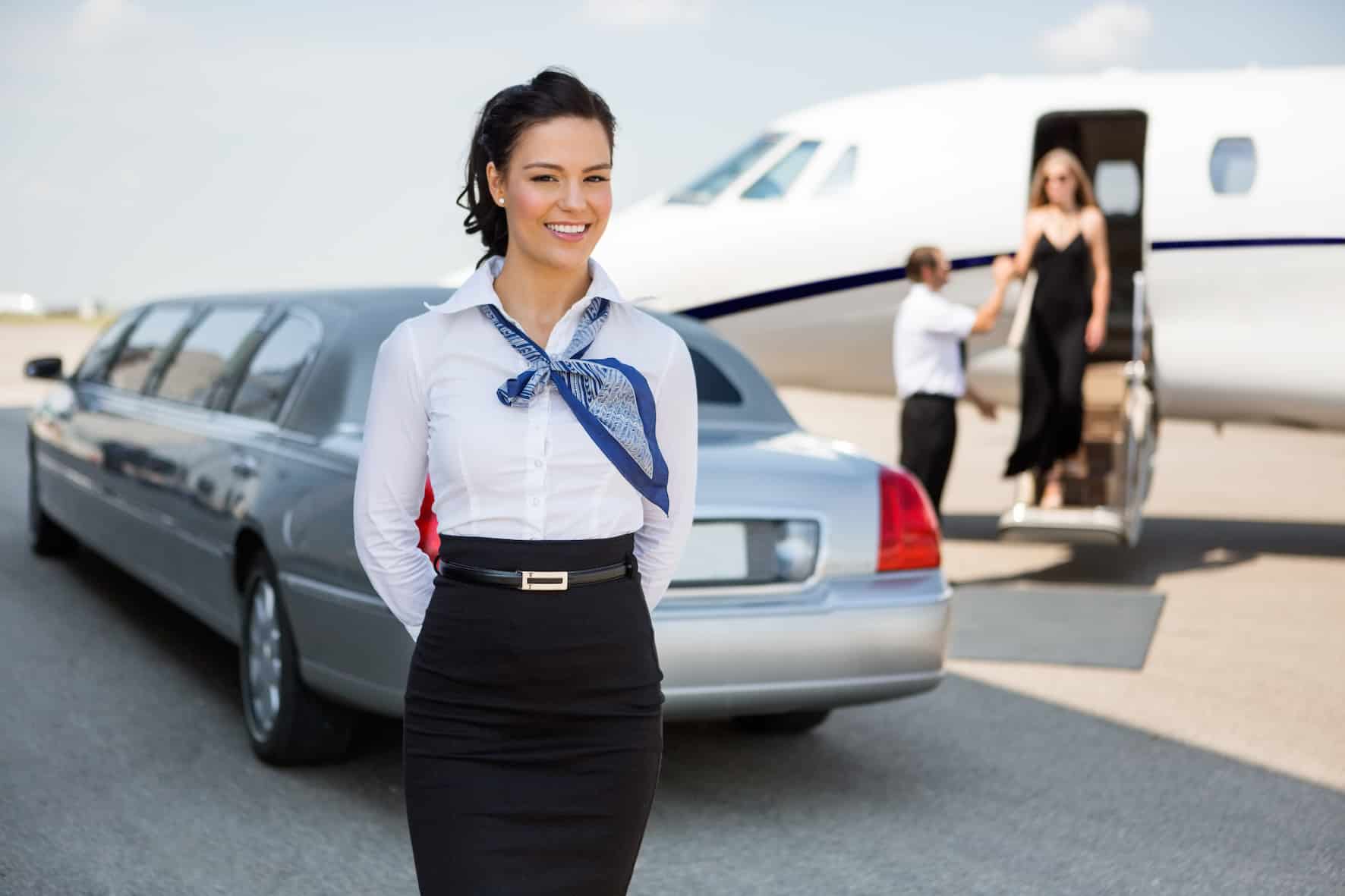For many, being a flight attendant means travelling a lot, sipping cocktails on the beach, staying a week in a paradise location and serving meals on an airplane. Beyond the widespread stereotypes, welcome to the reality of this job: a life in the fast lane, between Paris, New York and Moscow.
The flight attendant / steward is what we call: “a commercial flight attendant” (more commonly known as a cabin crew).
This job requires a very high level of physical fitness, adaptability to any challenge, and unparalleled stress management.
The cabin crew is involved in all stages of a commercial flight:
– Scrupulous verification of the cabin equipment (masks, vests, slides, light path) prior to the flight.
– Welcoming passengers and making the necessary arrangements, if needed, during boarding (unaccompanied child, person with a disability, etc.).
– Before take-off, we provide the famous safety demonstrations, indicate how to proceed in case of emergency and remind passengers of safety instructions (no smoking, mobile phones must be turned off, how to use seat belts, etc.),
– Ensuring passenger comfort and giving information on the flight progress
– Giving out meal trays and sale of additional products
– Supply management and record keeping.
Always ready to face an emergency landing or water landing, fire or smoke on board, a technical problem, the flight attendant must also ensure the well being of passengers, in the event of fainting, heart attacks, or childbirth.
An NCP is trained in all of these types of situations during his or her initial preparation and annual refresher training, which is called a “refresher” of skills.
Working with commercial aircrew requires elocution and courtesy, fluency in several foreign languages, and a sense of service. Excellent dress and behaviour are, of course, a must.
It is also a job that requires you to live out of step with your own little world: goodbye public holidays, birthdays, Christmas with your family… Your life is organized according to your flights and your rotations.
This job is also very physical: for example, short and medium-haul flights often require you to be up at 3 to 4 in the morning for an intense working day where several rotations will be made before sleeping somewhere in Europe or France, for an average of 3 to 5 days.
Long haul flights, on the other hand, have to take the pressure of sleepless nights on difficult return flights and jet lag.
The key to staying on track is to have impeccable dietary hygiene: exercise, healthy diet (during a stopover, you also have to know how to treat yourself!), and try to sleep on days off…
You also have to be very well organized, because this job requires you to be away from home 15 days a month.
As far as stopovers lasting more than a week are concerned, that too is a thing of the past… Gone are the days when we used to spend two weeks in Rio and 10 days in Hong Kong!
The watchword being productivity, most of the time we only stay 24/48 hours in a destination. There are a few exceptions, but it rarely exceeds 5 days.
So of course, whether it is for 24 hours or more, being at the end of the world is an exciting opportunity. Waking up in Times Square or next to the Red Square, eating empanadas in Buenos Aires, having a drink in Mauritius… it’s like a dream come true!






